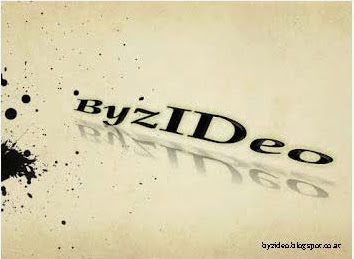Prof. Dr. Claudia Rapp
The project, financed through the 2015 Wittgenstein-Prize of the Austrian National Research Foundation (FWF), will highlight the role of Byzantium as a global culture and analyze the internal flexibility of Byzantine society. It aims to contribute to a re-evaluation of a society and culture that has traditionally been depicted as stiff, rigid and encumbered by its own tradition. This will be achieved by the exploration of issues of mobility, microstructures and personal agency.
People and Things that Move takes
an approach based on material culture and historical geography and traces the
dissemination of objects into and out of Byzantium through trade and
gift-giving. This research raises questions about the motors of the
dissemination of goods, whether through the mechanisms of government or driven
by personal interest. Byzantium’s interaction with non- sedentary peoples,
especially nomadic tribes of the Eurasian steppe that threaten its borders,
also belongs in this context.
People and Texts and Ideas that
Move investigates intangible cultural transfer, be it the translation of texts,
the flow of religious thought and ritual practice, the travel of literary
motifs or the appropriation of technological skills. This research seeks to
identify the impact of political and social power on the definition of high and
low culture, and the effect of this definition on the dissemination of
intangible cultural capital, across the different strata of Byzantine society
and beyond the borders of Byzantium: to the Slavic world, the Latin west,
cultures in the Caucasus, along the silk road and all the way to Asia.
Social Mobility, Microstructures
and Personal Agency focuses on the inner workings of Byzantium and asks about
the means and mechanisms of upward social mobility in a highly stratified
society. In a state dominated by the imperial court and the Christian church,
what different kinds of strategies did people employ, adapt or develop in order
to improve their lives? What kinds of groups and networks (from trade
associations to pious confraternities) did they form out of self-interest? How
did people exercise their personal agency order to better their lives, and what
was the response of ecclesiastical and imperial authorities to their efforts?
In addition to written narratives, this research will pay particular attention
to legal, archival and documentary sources as well as normative writings
produced by the church.



